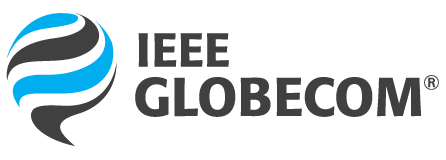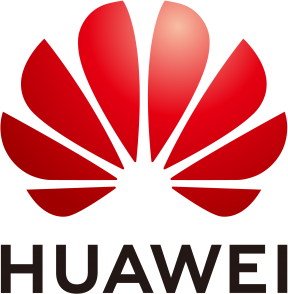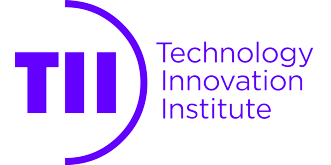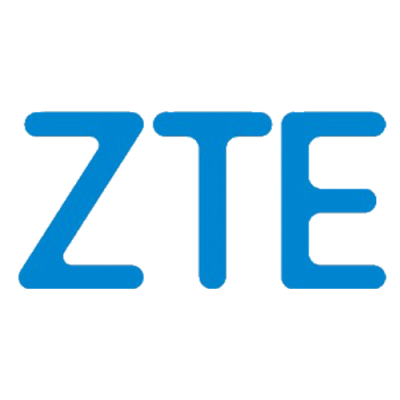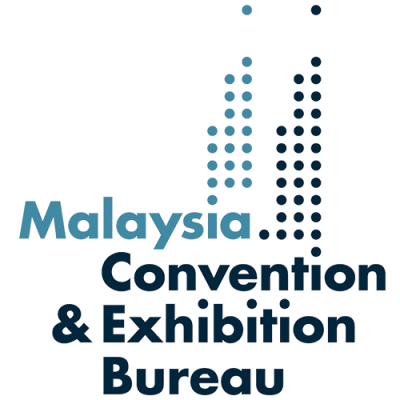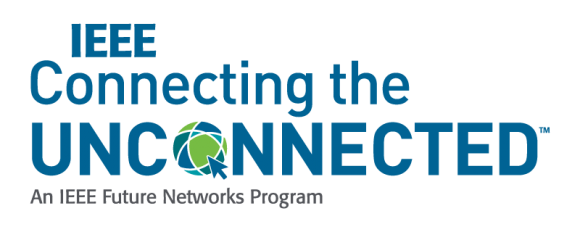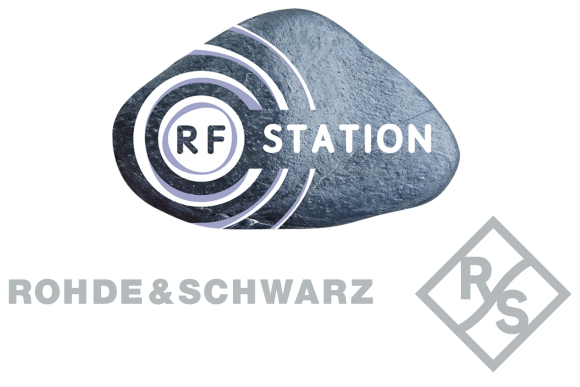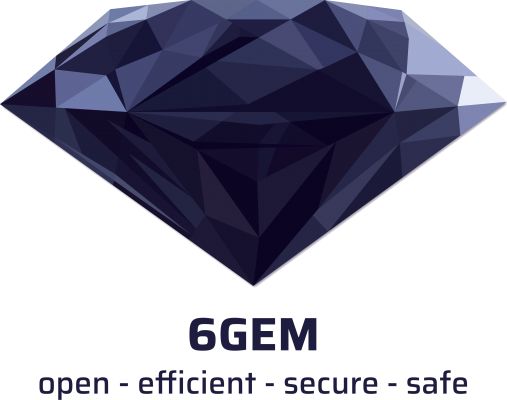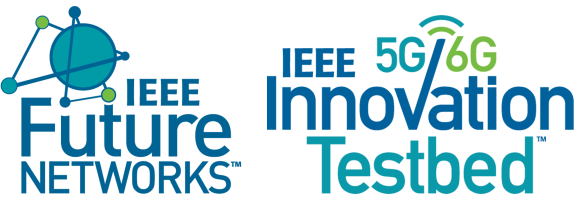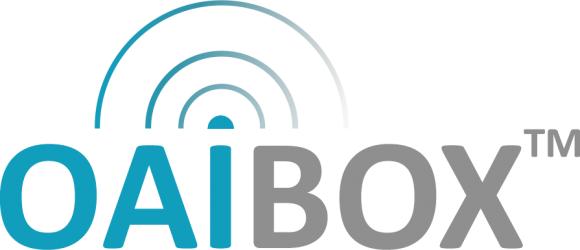*All times are MALAYSIA (GMT+8)
EF 1: 5G Deployment in Asia: Performance and Lesson Learnt
EF 2: Trends towards 6G: from the wish list to the standards
EF 1: 5G DEPLOYMENT IN ASIA: PERFORMANCE AND LESSON LEARNT
TUESDAY, DEC 5, 08:30 - 10:00 / LOCATION: HALL 8(A,B)
Moderator: Sumei Sun, Institute for Infocomm Research, Singapore
Panelists:
- Wen Tong, CTO Huawei Wireless, IEEE Fellow, Huawei Technologies, Canada
- Ruyue Yu-Ngok Li, VP of Radio System Research and Standardization, ZTE Corporation
- Datuk Ahmad Zaki Bin Zahid, Chief Strategy Officer, Digital Nasional Berhad, Malaysia
- Satoshi Konishi, KDDI, Japan
Abstract:
The Asia Pacific region has achieved remarkable success in implementing 5G technology despite the challenges posed by the pandemic, global economic uncertainties, and the complex geopolitical climate. Leading the way in 5G network deployment, countries such as South Korea, China, Japan, and Malaysia have set the stage for the Asia Pacific to become the world's largest 5G market. This forum will delve into the challenges faced and lessons learned from 5G deployment in this dynamic region.
Introduction:
Advanced Asia Pacific markets have taken the lead in the 5G rollout. South Korea, Australia, and China, among others, were pioneers in launching commercial 5G networks, with more markets swiftly following suit. Notably, the performance of 5G networks in the Asia Pacific region has surpassed that of major European markets, thanks in large part to early spectrum availability and supportive government policies. However, 5G availability and adoption vary across the region due to factors such as population density, device affordability, and tariffs. Cities like Seoul and Kuala Lumpur shine as top performers, boasting median download speeds of 533.95 Mbps and 523.44 Mbps, respectively. Furthermore, 5G has emerged as a promising tool to narrow the digital divide, with 5G Fixed Wireless Access (FWA) offering a viable alternative to traditional fixed broadband.
Forum Agenda:
In this executive forum at GLOBECOM 2023 Kuala Lumpur, we will gather experts and thought leaders to engage in a comprehensive discussion on the challenges and insights derived from 5G deployment in the Asia Pacific region. Our panelists will explore the following thought-provoking questions:
- Global Implications of Asia Pacific's 5G Leadership:
- How has the Asia Pacific region's success in 5G deployment influenced global telecommunications trends and strategies?
- What valuable lessons can other regions and countries glean from the Asia Pacific's experience in rolling out 5G networks?
- Government Policies and Regulatory Frameworks:
- What specific government policies and regulatory approaches have been instrumental in the successful deployment of 5G in countries like South Korea, China, and Japan?
- How can governments worldwide create an enabling regulatory environment to foster 5G expansion?
- Infrastructure Investment and Collaboration:
- To what extent has private sector investment driven the development of 5G infrastructure in the Asia Pacific region?
- Are there noteworthy models of collaboration between governments, telecom companies, and technology giants that can be replicated globally?
- Addressing Varied 5G Availability:
- How can nations with diverse levels of 5G availability work towards achieving a more equitable distribution of 5G services, particularly in rural and underserved areas?
- What strategies can be employed to enhance the affordability and accessibility of 5G technology to a broader population?
- Comparative Analysis with Europe:
- Beyond early spectrum availability and government support, what additional factors have contributed to the Asia Pacific region's superior 5G performance in comparison to major European markets?
- What valuable insights can Europe gain from Asia Pacific's strategies for optimizing 5G performance?
- Urban vs. Rural 5G Deployment:
- How does the deployment of 5G in urban areas differ from that in rural areas within the Asia Pacific region, and what unique challenges must be addressed in each context?
- Are there innovative approaches to bridging the urban-rural 5G divide that can be applicable worldwide?
- 5G and the Digital Divide:
- Could you provide examples of successful 5G Fixed Wireless Access (FWA) initiatives that have effectively narrowed the digital divide in the Asia Pacific region?
- What collaborative efforts between governments and telecom operators can be undertaken to expand FWA coverage to underserved communities globally?
- 5G Use Cases and Innovation:
- What are the emerging 5G use cases and innovations that have achieved significant success in Asia Pacific markets?
- How can businesses and industries leverage these innovations to drive growth and enhance competitiveness?
- Future-Proofing 5G Networks:
- What measures are being taken to ensure the long-term sustainability and scalability of 5G networks in the Asia Pacific region?
- How can organizations worldwide prepare for the evolving landscape of 5G technology?
- Security and Privacy Concerns:
- What are the critical security and privacy challenges associated with 5G deployment, and how are these challenges being effectively addressed in the Asia Pacific region?
- How can stakeholders across the globe ensure the protection of sensitive data in a 5G-connected world?
-
We look forward to a stimulating and insightful discussion that will illuminate the path forward for 5G deployment and its implications in Asia Pacific and beyond. Join us at GLOBECOM 2023 in Kuala Lumpur to be part of this critical conversation.
Biography:
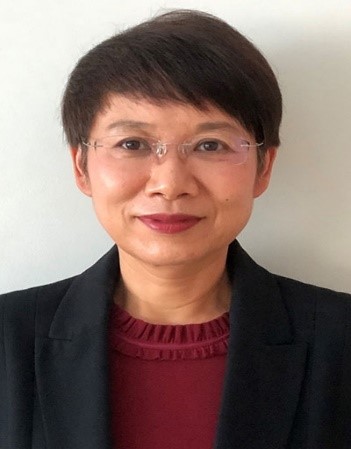 SUMEI SUN
SUMEI SUN
Sumei Sun (F’16) is a Principal Scientist, Acting Deputy Executive Director (Research), and Head of the Communications and Networks Dept at the Institute for Infocomm Research (I2R), Singapore. She is also holding a joint appointment with the Singapore Institute of Technology, and an adjunct appointment with the National University of Singapore, both as a full professor. Her current research interests are in next-generation wireless communications, joint sensing-communication-computing-control design, and industrial internet of things. She has been an active volunteer in IEEE and ComSoc. She was a member of the Globecom/ICC Management and Strategy (GIMS) Standing Committee during 2018-2020, Director of ComSoc Asia Pacific Region during 2020-2021, Editor of the IEEE Wireless Communications Letters (2011–2016), IEEE Transactions on Vehicular Technology (2011-2017), and IEEE Communications Surveys and Tutorials (2015-2019), Area Editor of IEEE Transactions on Vehicular Technology during 2017-2019, and steering committee member of the IEEE Transactions on Wireless Communications. She’s currently Editor-in-Chief of the IEEE Open Journal of Vehicular Technology, a Distinguished Speaker of the IEEE Vehicular Technology Society 2018-2024, a member at large (MAL) with the IEEE Communications Society (2021-2023), and a member of IEEE Vehicular Technology Society Board of Governors (2022-2024).
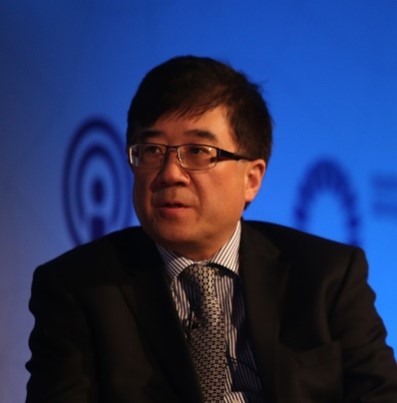 WEN TONG
WEN TONG
Dr. Wen Tong is the CTO, Huawei Wireless. He is the head of Huawei wireless research. In 2011, Dr. Tong was appointed the Head of Communications Technologies Labs of Huawei, currently, he is the Huawei 5G chief scientist and led Huawei’s 10-year-long 5G wireless technologies research and development. Prior to joining Huawei in 2009, Dr. Tong was the Nortel Fellow and head of the Network Technology Labs at Nortel. He joined the Wireless Technology Labs at Bell Northern Research in 1995 in Canada. Dr. Tong is the industry recognized leader in invention of advanced wireless technologies, Dr. Tong was elected as a Huawei Fellow and an IEEE Fellow. He was the recipient of IEEE Communications Society Industry Innovation Award in 2014, and IEEE Communications Society Distinguished Industry Leader Award for “pioneering technical contributions and leadership in the mobile communications industry and innovation in 5G mobile communications technology” in 2018. He is also the recipient of R.A. Fessenden Medal. For the past three decades, he had pioneered fundamental technologies from 1G to 5G wireless with more than 530 awarded US patents. Dr. Tong is a Fellow of Canadian Academy of Engineering, and he serves as Board of Director of Wi-Fi Alliance.
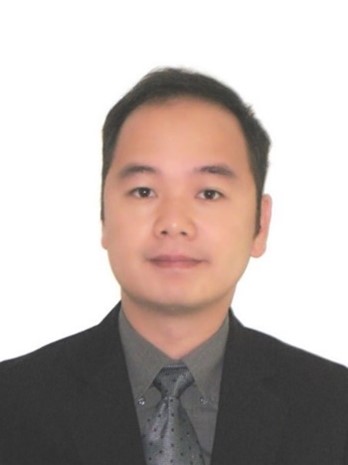 RUYUE YU-NGOK LI
RUYUE YU-NGOK LI
Ruyue Yu-Ngok Li is a ZTE fellow and the VP of Radio System Research and Standardization at ZTE Corporation in charge of research and standardization on radio system related 5G/6G technologies. He received his Ph.D. and B.Eng. degrees from the University of Hong Kong and his M.S. degree from Stanford University. His research focuses on radio access technologies and network optimization in the cellular communication area with over 100 granted patents. Since he joined ZTE in 2009, he has been actively involved in wireless research and standardization activities including 3GPP RAN standardization. Prior to ZTE, he worked for several telecommunication and semiconductor companies including Qualcomm and Marvell Semiconductor on projects related to 2G/3G baseband algorithm design and LTE standardization. His recent research interests include massive MIMO, mmWave communications, beam management, reconfigurable intelligent surfaces, AI/ML applications.
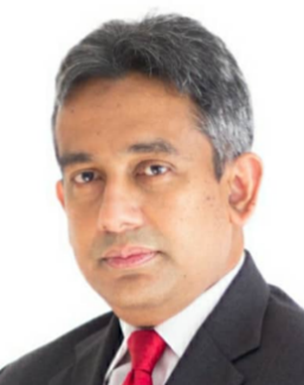 DATUK AHMAD ZAKI
DATUK AHMAD ZAKI
Datuk Ahmad Zaki has more than 25 years’ experience in Government policy and strategy, executive leadership, entrepreneurship, and regulatory work. In the Government, he has served at the Prime Minister’s Department, Ministry of Finance, Ministry of Youth and Sports, Securities Commission and National Institutes of Biotechnology Malaysia. He has also held leadership roles in Government-Linked Companies, as well as public listed and private entities. Datuk Ahmad Zaki holds a law degree from the University of Bristol, United Kingdom, and a Certificate in Legal Practice from the Malaysian Bar.
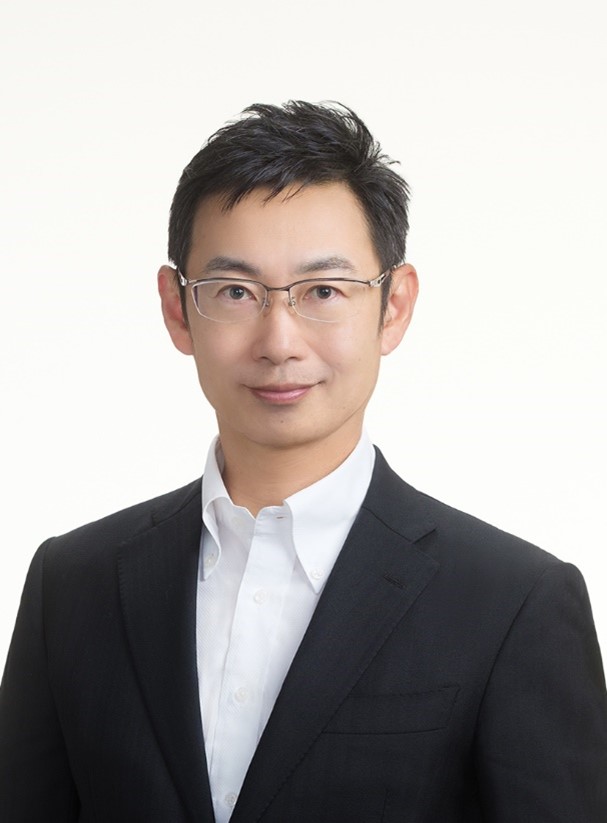 SATOSHI KONISHI
SATOSHI KONISHI
Satoshi KONISHI joined KDDI in 1993 after receiving M.E. from University of Electro-Communications, Tokyo Japan. From 1995, he was mainly involved in research and development in wireless communication systems such as LEO satellite systems, mesh-type fixed wireless access (FWA) systems, and mobile cellular systems. He led development of base stations for LTE in KDDI while contributing for international standardizations in 3GPP, 3GPP2 and ITU-R. He also succeeded commercial launches of new features such as LTE carrier aggregation, Voice over LTE (VoLTE), LTE femto cell, and so on as 1st telco operator in Japan, as Head of Mobile Access Technology Division in KDDI since 2014. He then conducted numerous demonstrations using 5G and 5G commercialization in KDDI since 2017 as Head of Next Generation Network Development Division in KDDI. Since April 2020, he has been leading B5G/6G as Head of Advanced Technology Laboratories of KDDI Research Inc. as well as leading Beyond 5G white paper by Beyond 5G promotion consortium in Japan. He also serves as members of several subcommittees in Ministry of Internal Affairs and Communications (MIC), Japan, such as technology Strategy Subcommittee and New-generation Mobile Communications System Subcommittee. He received Ph.D. and MBA from Waseda University and Globis University, Tokyo, Japan, in 2006 and 2017, respectively. He also received several awards such as "Minister Award for Internal affairs and Communications" from the Association of Radio Industries and Businesses (ARIB) in 2017.
EF 2: TRENDS TOWARDS 6G: FROM THE WISH LIST TO THE STANDARDS
WEDNESDAY, DEC 6, 08:30 - 10:00 / LOCATION: HALL 8(A,B)
Moderator: Luis M. Correia, Prof., IST / Univ. Lisbon, Portugal
Panelists:
- Ed Tiedemann, Senior VP Engineering, Qualcomm, USA.
- Peiying Zhu, Senior VP Wireless Research, Huawei, Canada.
- Takehiro Nakamura, Chief Standardisation Officer, NTT DOCOMO, Japan.
- Colin Willcock, Chairman of Governing Board, 6G SNS-IA, Germany.
Abstract:
There are currently many issues around the development of 6G, not only from the technological viewpoint but also addressing other dimensions, such use cases and societal impact. The development of 6G in all its dimensions has been a theme for discussion in many fora, which includes the positioning of many industries and the so-called verticals, the sustainability of networks, the way that communications systems relate to climate change, among many other aspects. This panel is intended to be a lively discussion among industry leaders from all world regions, exploring all these dimensions of 6G and looking at the future of the development of 6G, discussing the possible novelties and which of them may make the way to the standards.
Questions:
- Which are the main novelties foreseen for 6G?
- Which are the major challenges in the development of 6G?
- Will 6G be targeting more consumers or businesses?
- How can sustainability be incorporated by design in 6G?
- Can we aim, again, at having a unique standard for 6G?
Biography:
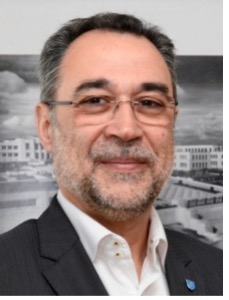 LUIS M. CORREIA
LUIS M. CORREIA
Luis M. Correia was born in Portugal, in 1958. He received the Ph.D. in Electrical and Computer Engineering from IST (Univ. Lisbon) in 1991, where he is currently a Professor in Telecommunications, with his work focused on Wireless & Mobile Communications, with the research activities developed in the INESC-ID institute. He has acted as a consultant for the Portuguese telecommunications operators and regulator, besides other public and private entities, and has been in the Board of Directors of a telecommunications company. He has participated in 33 projects within European frameworks, having coordinated 6 and taken leadership responsibilities at various levels in many others, besides national ones. He has lectured 76 advanced training courses for industry and academia at the national and international levels. He has supervised over 230 M.Sc./Ph.D. students, having edited 6 books, contribute to European strategic documents, and authored over 550 papers in international and national journals and conferences, for which served also as a reviewer, editor and board member. Internationally, he was part of 40 Ph.D. juries, and over 80 research projects and institutions evaluation committees for funding agencies in 12 countries, and the European Commission and COST. He has been the Chairman of Conference, of the Technical Programme Committee and of the Steering Committee of 25 major conferences, besides other several duties. He was a National Delegate to the COST Domain Committee on ICT. He has launched and served as Chairman of the IEEE Communications Society Portugal Chapter, besides being involved in several other duties in this society at the global level. He is an Honorary Professor of the Gdańsk University of Technology (Poland) and a recipient of the 2021 EurAAP Propagation Award “for leadership in the field of propagation for wireless and mobile communications”.
 EDWARD TIEDEMANN
EDWARD TIEDEMANN
Edward G. Tiedemann, Jr. is an IEEE Fellow, a Qualcomm Fellow, and a Senior Vice President of Engineering of Qualcomm Technologies, Inc. He leads Qualcomm’s worldwide standardization and industry organization activities. He was instrumental in the design and development of the TIA/EIA/IS-95 CDMA system, also called cdmaOne™. He has been active in every G since then. He has almost 300 granted US patents and has participated in many papers, conference lectures, and industry panels. He is interested in multiple topics in communications including 5G and beyond, NTN, IoT, and V2x. He holds the Ph.D. degree from MIT where he worked in the areas of queueing theory and communications networks. He holds the Master of Science degree from Purdue University and the Bachelor of Science degree from Virginia Polytechnic Institute and State University (Va Tech). He currently is a member of the Next G Alliance Research Council, the Purdue University Semiconductor Degrees Leadership Board, the Advisory Board of the Purdue University School of Electrical and Computer Engineering, the Hong Kong University of Science and Technology (HKUST) School of Engineering Advisory Committee, and the International Advisory Panel of the Singapore Future Communications Research & Development Programme. He also serves as the IEEE Communications Society as Director, Standards Development. He is past chairman of the Advisory Board of the College of Engineering at Virginia Polytechnic Institute and State University (Va Tech) and was General Chair of IEEE GLOBECOM 2015. He is also a member of the Board of Trustees of the Peabody Essex Museum and a member of the Board of Trustees of the Concord Museum. He has received numerous recognitions, including the Robert M. Walp Industry Humanitarian Award from the IEEE Communications Society.
 PEIYING ZHU
PEIYING ZHU
Peiying Zhu, Senior Vice President of Wireless Research, is a Huawei Fellow, IEEE Fellow and Fellow of Canadian Academy of Engineering. She is currently leading 6G wireless research and standardization in Huawei. The focus of her research is advanced radio access technologies. She is actively involved in 3GPP and IEEE 802 standards development. She has been regularly giving talks and panel discussions on 5G/6G vision and enabling technologies. She led the team to contribute significantly to 5G technologies and standardization. Many technologies developed by the team have been adopted into 5G standards and implemented in 5G products. She served as the guest editor for IEEE Signal processing magazine special issue on the 5G revolution and IEEE JSAC on Deployment Issues and Performance Challenges for 5G. Prior to joining Huawei in 2009, she was a Nortel Fellow and Director of Advanced Wireless Access Technology in the Nortel Wireless Technology Lab. She led the team and pioneered research and prototyping on MIMO-OFDM and Multi-hop relay, which were adopted into LTE standards and 4G products. She has more than 200 granted patents.
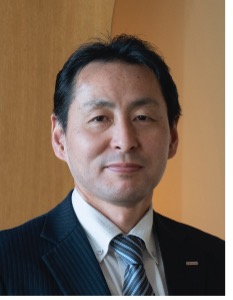 TAKEHIRO NAKAMURA
TAKEHIRO NAKAMURA
Takehiro Nakamura joined NTT Laboratories in 1990. He is now Chief Standardization Officer in NTT DOCOMO, Inc. He has been engaged in R&D and the standardization activities for advanced radio and network technologies of W-CDMA, HSPA, LTE/LTE-Advanced, 5G and 6G, and engaged in strengthening inter-industry collaboration. He has been contributing to standardization activities in ARIB, ITU and 3GPP since 1997, including as vice chair and chair of 3GPP TSG-RAN from 2005 to 2013. Currently, he plays important roles to promote and accelerate 5G and 6G in Japan and globally as the Acting Chairman of Strategy & Planning Committee and the leader of Millimeter wave Promotion Ad Hoc of 5G Mobile Communications Promotion Forum(5GMF), the leader of Cellular System Task Group of ITS Info-communications Forum, the leader of White Paper Subcommittee in Beyond 5G Promotion Consortium in Japan and the Board member of 5G-ACIA.
 COLIN WILLCOCK
COLIN WILLCOCK
Colin Willcock is currently the chairman of the 6G Smart Networks and Services Industry Association (6G-IA) governing board (formally known as 5G Infrastructure Association). He is also the chairman of the European Smart Networks and Services Joint undertaking (SNS-JU) governing board. He has detailed knowledge and experience of the telecommunications industry having worked directly or indirectly with many of the major players over a 30-year period. The roles have included software developer, technical consultant, technical marketing, standardization and management. In addition to line manager roles, he has participated extensively in standardization activities at ETSI, ITU-T and 3GPP, including instrumental work in creating and developing the TTCN-3 testing language. He has also been very active in the European research ecosystem, including leading a number of award winning European projects such as TT-Medal, D-MINT and SEMAFOUR. He is currently head of Research Alliances at Nokia.
